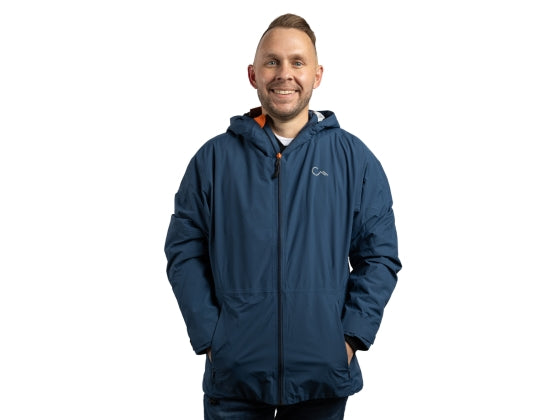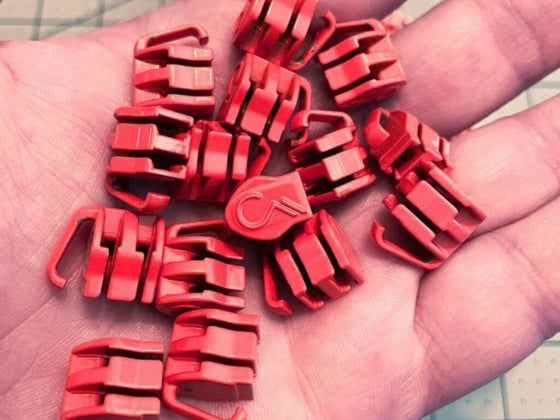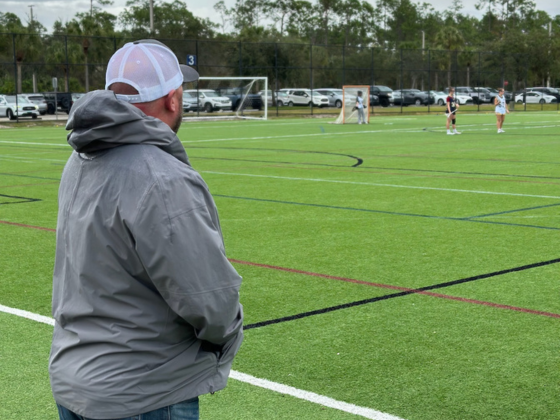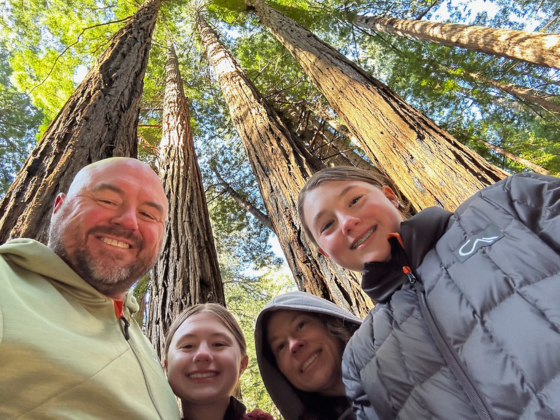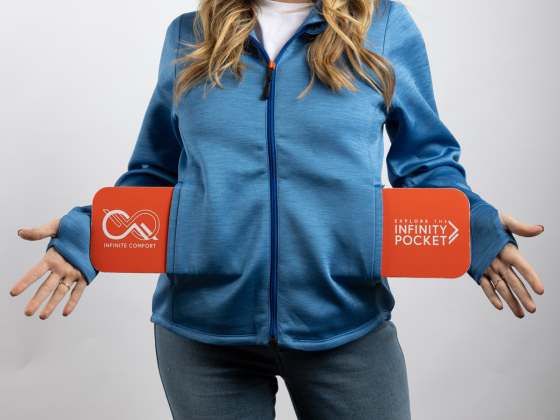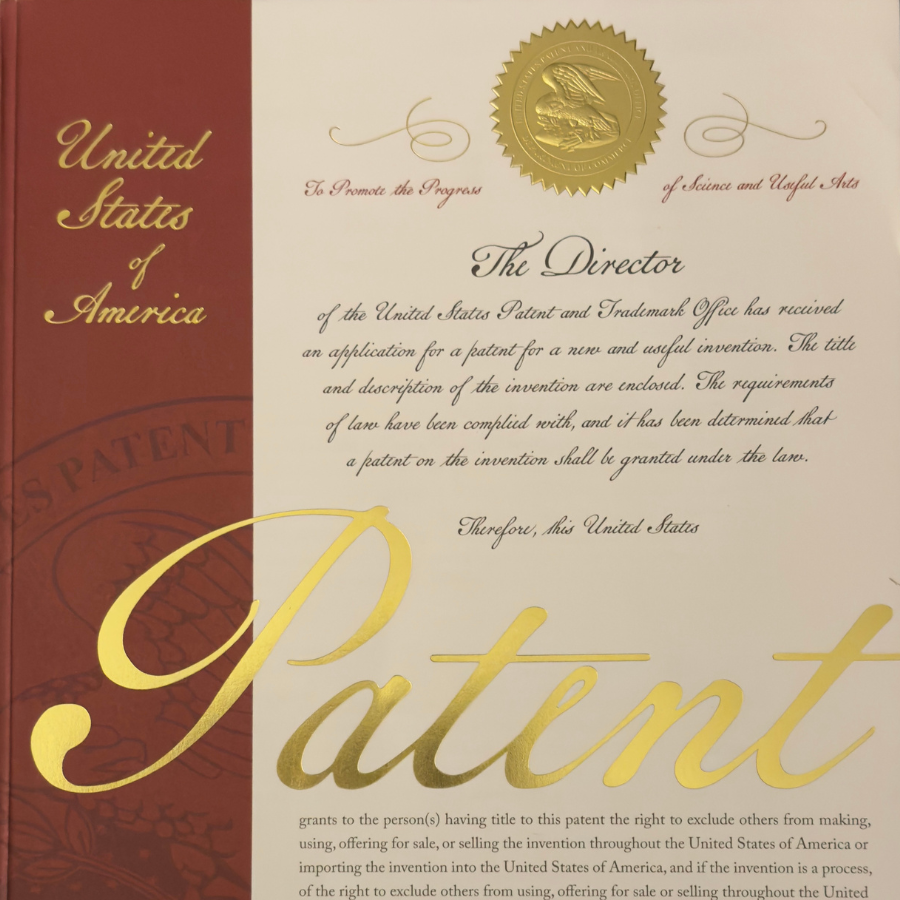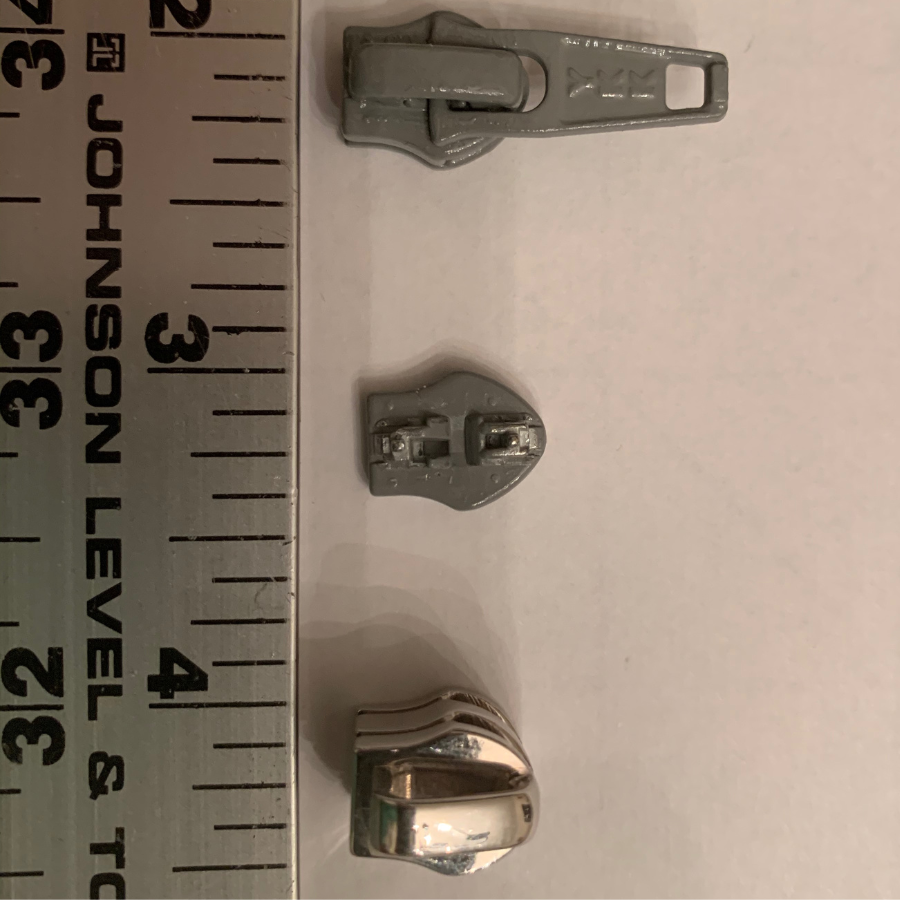Let me start with this disclaimer: I’m not an attorney, and your journey might look different than mine. But if you’ve ever wondered what it takes to turn an idea into a patented invention—specifically the idea behind Constant Mountain’s Infinity Pocket—here’s how I did it.
Spoiler alert: not all of these steps were easy. In fact, steps 7, 8, and 9 were the hardest. Only step 2 was a breeze.
1. The Idea
This is where Constant Mountain began. The Infinity Pocket was born out of necessity and frustration. I wanted a jacket that combined the cozy, connected pocket of a hoodie with the convenience of a zip-up jacket. When I couldn’t find one, I decided to create it myself.
Most great ideas aren’t dreamed up on a whim—they’re sparked by a need. Constant Mountain exists because I followed that need and took a chance on a solution.
2. The Patent Search
The first step in protecting my idea was to see if something like the Infinity Pocket already existed. Google Patents made this step surprisingly easy. A quick search showed nothing quite like what I had in mind, so I decided to keep going.
3. Building and Testing a Prototype
If you know anything about Constant Mountain’s story, you’ve probably heard about the first prototype. It involved plenty of trial and error (and a fair share of broken zippers). But once I had a working version, I knew this idea could become something real. This wasn’t just a concept anymore—it was a product that solved a problem.
4. Consulting a Patent Attorney
Next, I worked with a patent attorney to take a deeper dive into existing patents and ensure the Infinity Pocket was unique enough to pursue. While there was some prior art related to through-pocket functionality, nothing matched the innovation of my design. That’s when I knew Constant Mountain’s signature feature had a real shot at becoming a patented invention.
5. Filing a Provisional Patent
Filing the provisional patent was like reserving my spot in line. It gave me the confidence to keep refining the design while knowing the idea was protected. At this point, I was convinced someone might steal my idea. Looking back, I realize that the hard part isn’t having the idea—it’s executing it. That’s where Constant Mountain set itself apart.
6. Refining the Claims
The process of refining the patent claims—the unique aspects of the Infinity Pocket—was a crucial step. It involved capturing exactly what made this design special and protecting those elements. Once everything was finalized, I filed the application for a utility patent.
7, 8, 9: The Waiting Game
Waiting is part of the patent process. It’s slow, it’s frustrating, and it’s unavoidable. I waited. Then I waited some more. And then… I kept waiting.
10. Patent Granted
After what felt like forever, I finally received the news: the patent was granted! The Infinity Pocket wasn’t just a cool idea anymore—it was officially protected as an invention. For me, it was the beginning of what Constant Mountain would become: a brand built on innovation, problem-solving, and bringing something new to the table.
Lessons from the Journey
Securing a patent is both an exciting and challenging process. For Constant Mountain, it was a defining moment that turned an idea into reality. If you’re considering pursuing a patent, here are some lessons from my journey:
• Do your research: Make sure your idea is unique before investing time and resources.
• Refine your vision: The initial idea will evolve—embrace that process.
• Be patient: The waiting is tough, but the result is worth it.
The Infinity Pocket has become a defining feature of Constant Mountain, but its story is just one part of the journey. If you have an idea, I hope this inspires you to take the next step. Whether you’re starting, stuck, or just curious, feel free to reach out. I’m sharing this journey to help you start or continue your own. I’m rooting for you.







